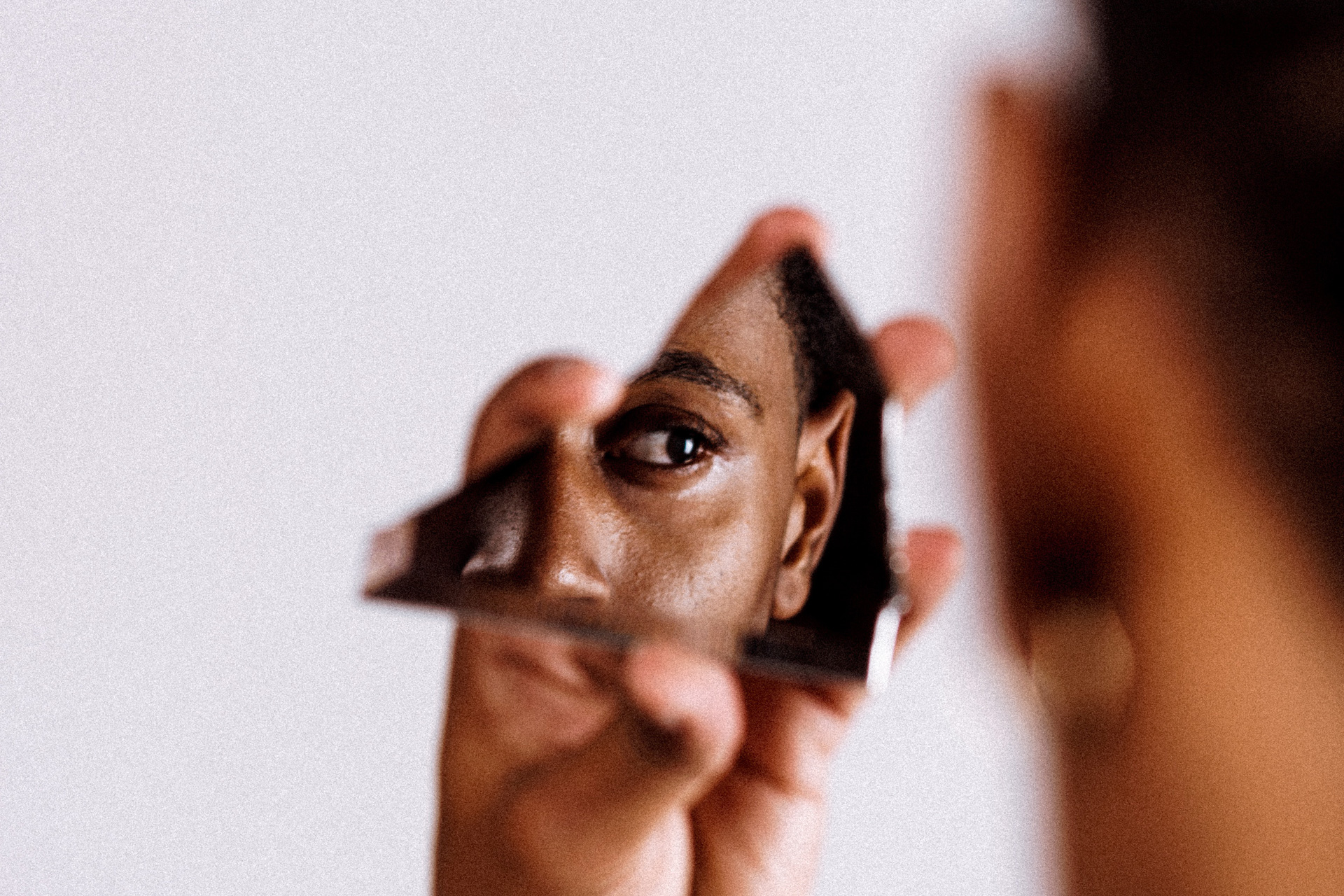“You’re pretty for a dark skin.”
“Your hair is nice for being Black.”
“You’re not really Black, you don’t even sound ghetto.”
Heard any of these before? Or maybe something similar?
These are what we call Racial Microaggressions.
Microaggressions are subtle statements that relay a negative, discriminatory message about a minoritized group. This can be said on purpose or not. Either way, it still stings and can be extremely emotionally damaging.
Because these Microaggressions are sometimes thrown in between sentences or casually in a conversation, it is hard to wrap your head around what just happened. You’re caught off guard and you silently ask yourself;
“Did you really just say that?”
Microaggressions can come from strangers, but they can also come from close friends and even coworkers.
Specifically, racial Microaggressions can look like some people saying “I don’t really see color.” This type of Microaggression, called micro invalidation, can cause a lot of harm and signify that a Black person’s experiences are not significant enough to be noted or to be recognized.
The impact of Microaggressions can lead to stress and to anxiety provoking situations. For example, when a coworker of yours makes a Microaggression statement, you may start walking into the office feeling on edge or unsafe.
Microaggressions occur thousands of times, which can lead to the development of depression, anxiety, and even trauma for Black people. These Microaggressions can leave a person feeling helpless and unsafe. Black people internalize their experiences of Microaggressions, victims themselves start to question their own value, sense of self, and may even result in losing their voice.
This can be an ongoing stressor. Understanding the impact of these Microaggressions can be unsafe for people. It can negatively impact self-esteem in the workplace, thus hindering the ability of advancement in work.
So how do we handle them?
When we notice that somebody is else is saying these things and you find yourself the target, it is important to let the other person know. Remember, to criticize the Microaggression and NOT the microaggressor. Conversations like this can bring awareness to these subtle statements.
It is also very important to take care of yourself. Find a support group or talk to a therapist about your social experiences. Anchoring yourself back to the strengths of your cultural and/or racial group can help.
When you are a bystander in this situation, don’t be afraid to be an ally! Sometimes, your voice can have a stronger impact than those whom are experiencing the Microaggression.
And if you find yourself being the microaggressor, don’t get defensive. Acknowledge and listen to the other person’s emotions and how your words may have impacted them.
Words are powerful. Sometimes, we may have a good intention to sharing what’s on our mind, but it is also very important to consider the impact of what has been said.




